How Trump undermined US aid - but still spent billions in 'transactional' approach
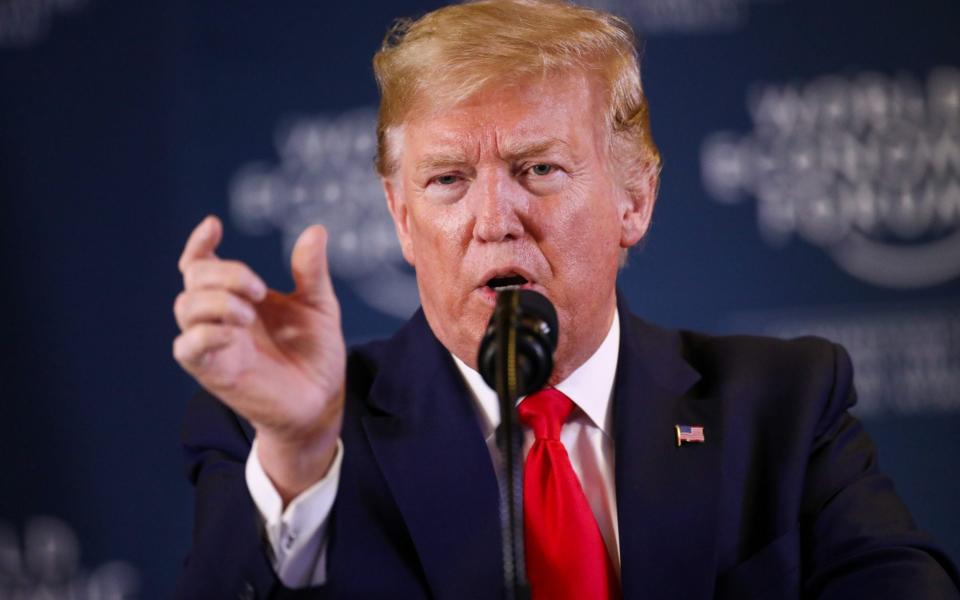
When Donald Trump became president in 2016, his victory was based on an “America First” platform.
In the administration's debut budget in 2017, that looked like catastrophic news for those who came in second: the rest of the world, particularly low- and middle-income countries.
“It would have eliminated the foreign aid programme in 27 countries. I've never seen anything like that in my time,” says Larry Nowels, co-chair of the Modernizing Foreign Assistance Network (MFAN) and a veteran of the US foreign aid sector.
Even those working in the administration, such as Mark Green, who led the United States Agency for International Development (USAID) for nearly three years until he stepped down in mid-March, admits that it was a little disconcerting.
“I’m sure that caused some anxiety and hesitation,” he tells The Telegraph.
But in a pattern that has been repeated every year since, Congress - where foreign aid has bipartisan support - rejected the cuts and kept spending roughly where it has been for years, at $52.5bn in 2020. That's despite attempts every year by the administration to reduce funding by between 20 and 30 per cent.
“If you just focus on the numbers, it looks like the US is still there, and still engaged,” says MFAN's executive director, Conor Savoy. “But the rhetoric from this administration and the actual decision-making - it is just not showing up to provide global leadership.”
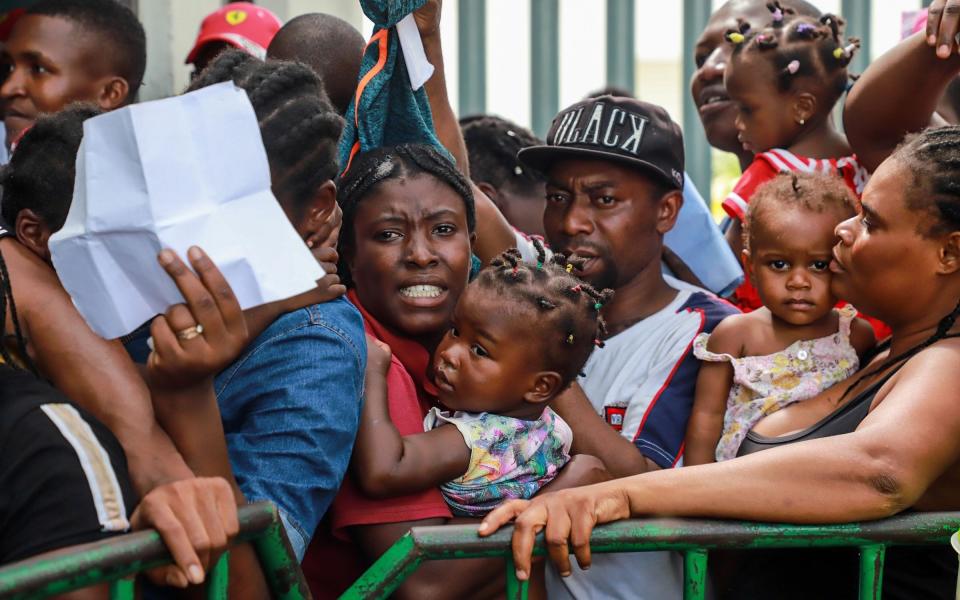
While it is the world's largest provider of foreign assistance in terms of dollars, America falls near the bottom of the OECD countries when spending is compared to its gross national income.
Yet for decades, the US has remained the biggest player on the global stage thanks to its sheer spending power - a role that has been dramatically undermined during the Trump presidency due to the constant spectre of cuts.
“Even when they're not realised, the act of proposing deep cuts can be damaging,” says Erin Collinson, director of US policy outreach at the Center for Global Development. Not only were long-term relationships damaged, but the constant juggling of staff, programmes and budgets meant that NGOs were forced to focus more on admin than actually delivering their priorities.
Foreign aid also became a bargaining chip under President Trump.
The most blatant example was in Ukraine - a leaked recording of a phone call showed the administration had withheld military aid while pressuring the country to investigate Joe Biden's family. As a result, Mr Trump became only the third president in history to be impeached.
But his administration also cut off funding to the West Bank and Gaza and re-routed money from Honduras, El Salvador and Guatemala - where most of those who attempt to migrate to the US originate - to Colombia and Venezuela.
But Mr Green says that is something that he actively advocated for.
“It goes back to the story I always tell about how I joined the Trump administration,” he says. A friend-of-a-friend linked him with Mr Trump and they met in New York to talk about development.
“My pitch was very simple: I said, My Trump, I think if we do development right, it can help you take on just about every one of your foreign policy priorities.”
He says he wanted to show “those who perhaps had little experience with development or foreign assistance” that it could be “an important tool for American leadership”.
That is nothing new, experts say, who also praise Mr Green’s reorganization of USAID under the occasionally tricky circumstances.
“The Cold War is littered with examples where the US used assistance for short-term international political reasons,” says MFAN’s Mr Savoy. “This administration has really turned it on its head for its own domestic political reasons.”
But, Mr Green adds, USAID has also attempted to harness the President's world view for its own gain.
“Trump is a businessman,” he says. “I think by instinct, his outlook is commerce based and transactional. But working with us, we tried to harness that.”
Sometimes, that worked - at least to an extent. For example, President Trump was happy to try to use aid to tackle one of what he saw as his key problems: the rise of China.
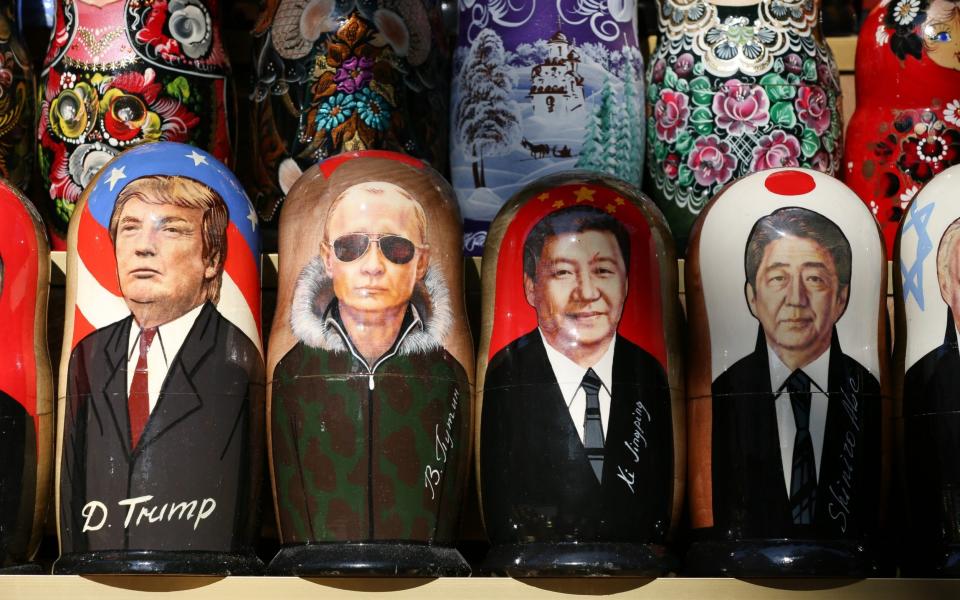
Spooked by China’s Belt and Road initiative and vast infrastructure spending across Asia and Africa, Mr Trump's team - with bipartisan support - revamped the Overseas Private Investment Corporation (OPIC), rebranding it as the Development Finance Corporation (DFC) and, according to MFAN’s Mr Savoy, putting it on steroids” - a reform he says is broadly positive.
However, he adds: “The DFC can do maybe $8bn a year in financing. That's nowhere near what China is putting out. But it certainly tapped into this political desire to counter China.”
At times the transactional, ‘what’s in it for us’ approach was more of a challenge.
Unlike his boss, Mr Green believes in the importance of supporting and participating in multilateral organisations, including the World Health Organization (which President Trump exited): “I'm a believer in American engagement, the world does not get better if we turn the other way.”
Yet an example of where the balance has worked, and the administration’s biggest legacy, according to Mr Green, has been “what we called the journey to self reliance.”
Over the last four years, USAID has championed an approach that hinges on helping countries move “beyond aid” - a concept also advocated by the UK and a swathe of aid-receiving countries, especially in Africa.
“It's a pretty sweeping transformation around this notion of the journey to self reliance and that we would help countries take on the reforms necessary to eventually achieve it,” he says. “It's very much in line with conservative principles, but I think it was also important as it was a theme people could come together around.”
Mr Green also points to the Women’s Global Development and Prosperity Initiative launched last year by the president’s daughter, Ivanka Trump, as an “important lasting contribution”.
The policy had been praised by some as a “long overdue” bid to narrow the economic gender gap, but others have criticised its focus, which does not prioritise women’s health or education.
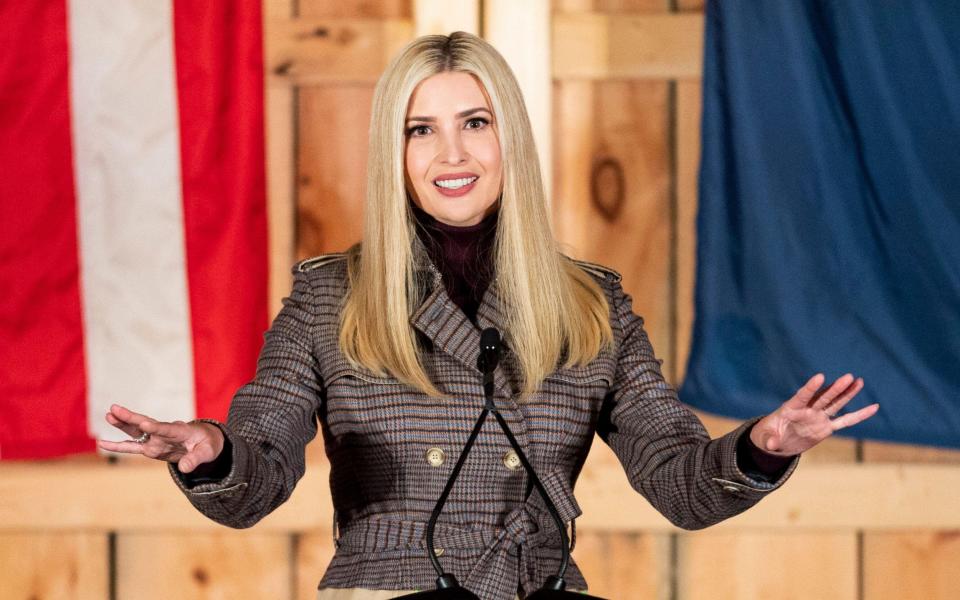
Many also suggest it is at odds with perhaps the most headline-grabbing element of the administration’s overseas aid policy: the vast expansion of the Mexico City Policy, or “global gag rule”.
The executive order effectively prevents any non-US charity which relies on American funding from offering abortion services, talking about terminations or referring women to other services.
The policy has been a stalwart of Republican presidents since Ronald Reagan, but under Trump the scope has dramatically expanded. Previous iterations applied to family planning providers and affected some $575 million of funding. Now it covers roughly $9 billion of aid across all areas, including NGOs working on maternal and child health, HIV/Aids and even water, sanitation and hygiene.
“Trump has taken a bad policy and made it worse,” says Nina Besser Doorley, associate director, advocacy and policy, at the International Women's Health Coalition.
This time round, overall US funding in this area has remained fairly stable, but the money is increasingly spent by religious and conservative groups with a particular agenda - or organisations who cannot afford to lose American aid and so agree to the anti-abortion terms.
Although studies show that access to family planning bounced back relatively quickly after the gag was overturned by Barack Obama, there are concerns that the dramatic expansion will have longer-lasting consequences.
“We are going to continue to see the ramifications of this for years to come, regardless of whether it continues to be in place,” says Ms Besser Doorley. The most insidious consequence, she adds, has been the breakdown of long lasting relationships between NGOs who have and have not agreed to US terms. It has also put back efforts to develop an integrated approach to eradicate HIV/Aids “by a decade”, according to Christine Stegling, executive director of Frontline Aids.
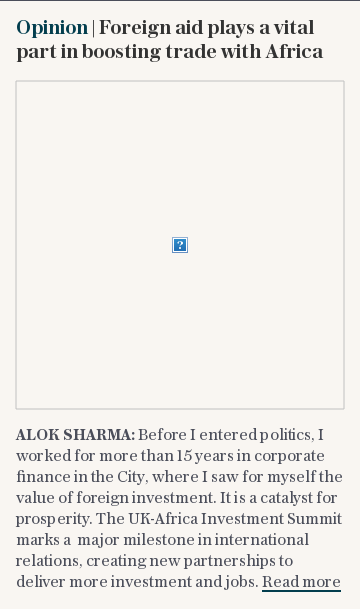
Now, with just days to go until a US election, many of these organisations are hoping for a Joe Biden victory, fearing that another four years of President Trump could do irreparable damage.
The former vice-president has committed to reversing the “global gag” - as every Democratic president before him has done - and is expected to vocally support many of the multilateral organisations that Trump has shied away from, including the WHO during the pandemic.
But Mr Green say this minimises USAID’s successes over the last four years and over-emphasises differences between the two parties.
“One of the blessings of the development community is that it is, what I would call, a political safe space,” he insists.
“I suppose the priorities might change a bit [depending on which candidate wins the election]. But I believe the next administration will build on our work. Nothing we tried to do is controversial in Democratic ranks.”

 Yahoo News
Yahoo News 